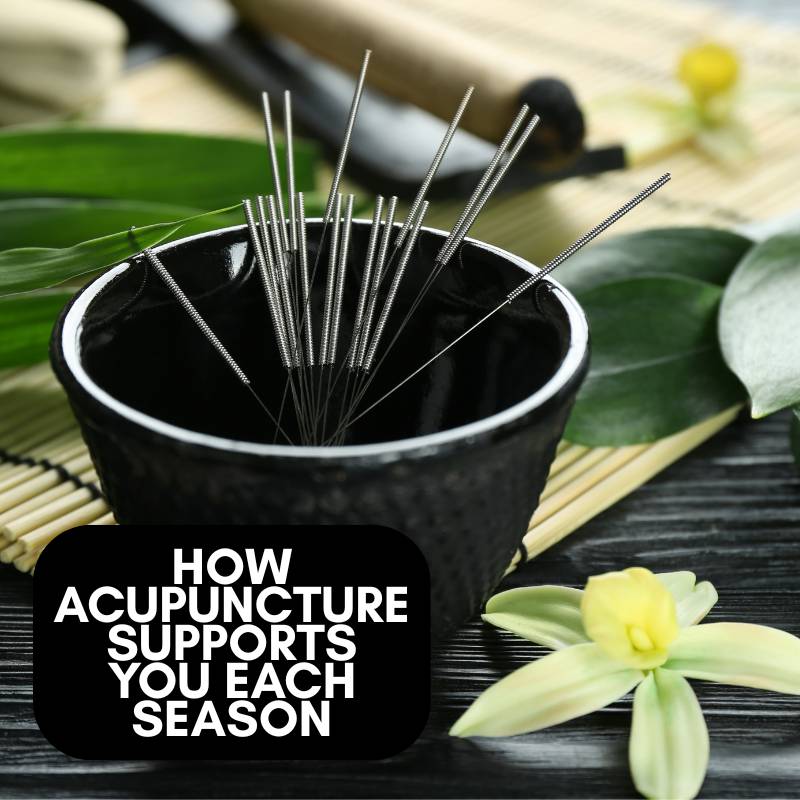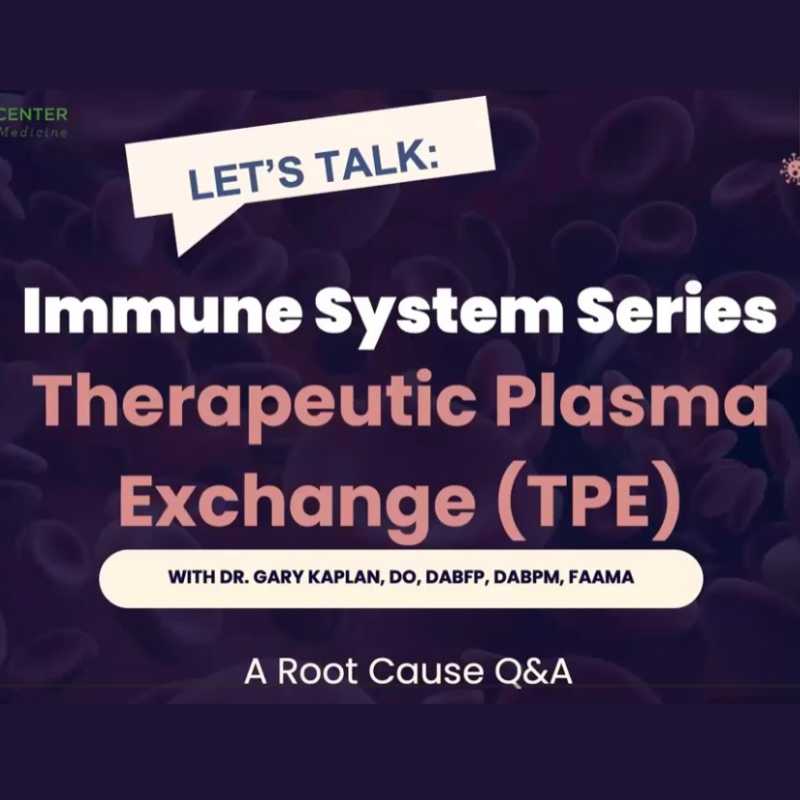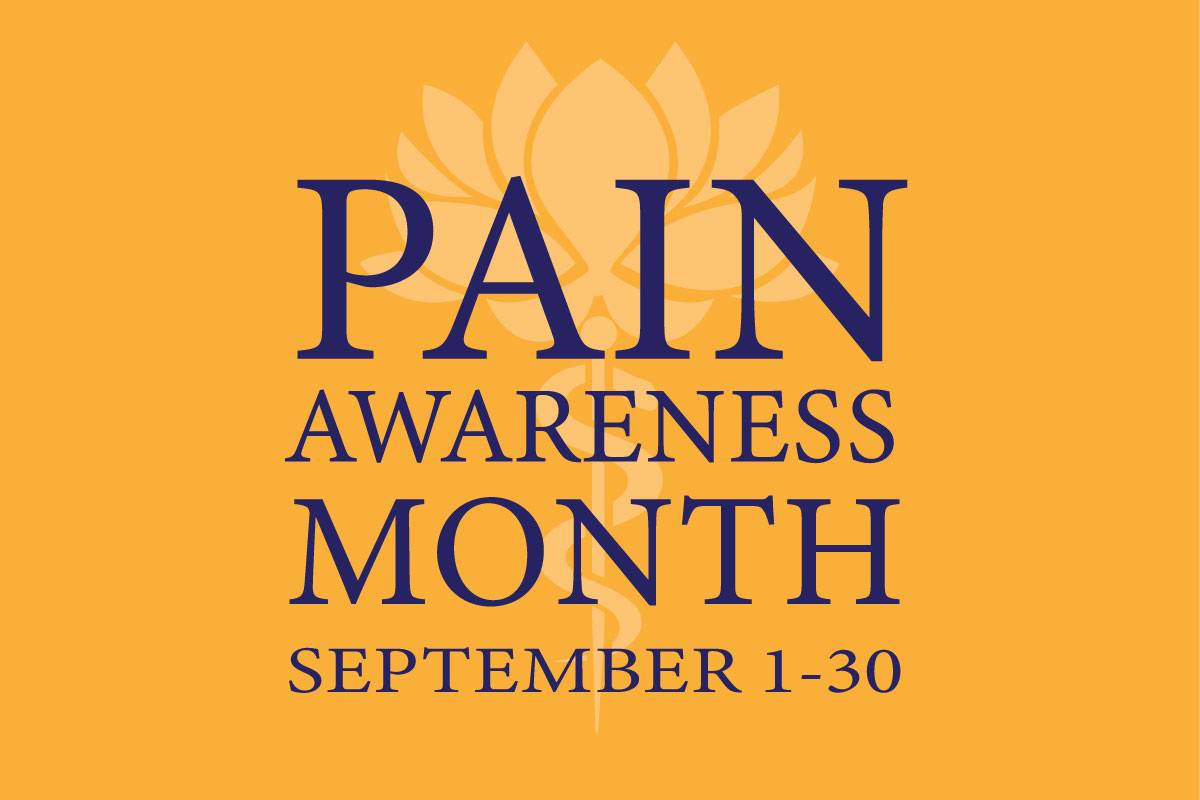
Balance Through the Seasons: Insights from Acupuncture
December 16, 2025/by Rebecca Berkson, L.Ac, Dipl.OM
5 Ways We Can Keep Your Immune System Strong
December 10, 2025/by Kaplan Center
Want to Take Your Workout to the Next Level Next Year? These Tips Can Help
December 8, 2025/by Kaplan Center
Dr. Kaplan’s Dos and Don’ts of the Holiday Season
December 3, 2025/by Kaplan Center
Let’s Talk Webinar – A Root Cause Q&A
December 2, 2025/by Kaplan Center
Navigating Holiday Meals with Gut Issues: Simple Tips for a Comfortable Season
December 1, 2025/by Chardonée Donald, MS, CBHS, CHN, CNS, LDN
Craniosacral Therapy for TMJ | Say Goodbye to the Daily Grind
November 19, 2025/by Patricia Alomar, M.S., P.T.
From Compassionate Care to Personal Healing: A Letter to My Patients
November 18, 2025/by Kaplan Center
8 Steps to a Healthier Gut—and a Longer, Healthier Life
November 18, 2025/by Kaplan Center
Mid-Life Irritability & Fatigue Improved by Hormonal Balancing
November 13, 2025/by Lisa Lilienfield, MD
From Challenges to Change: Dr. Kaplan on Healthcare’s Biggest Challenges
October 29, 2025/by Kaplan Center
Overlooked Dangers of Mold Exposure and How to Stay Safe – Dr. Kaplan Talks to WUSA9
October 27, 2025/by Kaplan Center
Let’s ‘Fall’ Into Wellness: A Nutritionist-Approved Immune-Boosting Recipe for Cold and Flu Season
October 13, 2025/by Chardonée Donald, MS, CBHS, CHN, CNS, LDN
PANS/PANDAS – When Sudden Symptoms Signal Something More
October 9, 2025/by Kaplan Center
Beating Burnout, A Nutritionist’s Perspective
October 1, 2025/by Chardonée Donald, MS, CBHS, CHN, CNS, LDN
3 Things That Can Happen After Stopping GLP-1s
September 11, 2025/by Chardonée Donald, MS, CBHS, CHN, CNS, LDN
What Families Need to Know About COVID and Flu Season
September 3, 2025/by Kaplan Center
September is Pain Awareness Month
September 1, 2025/by Kaplan Center
Dr. Kaplan Spoke to Northern Virginia Magazine About COVID, Flu, and Immunity — Here’s What You Should Know
August 14, 2025/by Kaplan Center
“Why Do I Feel Like Crap?”: The Overlap Between Long COVID and Perimenopause
July 30, 2025/by Kaplan CenterAre you looking to improve your overall wellness?
Personalized care you can trust.
Our integrative, non-surgical treatment approach is highly successful in maintaining wellness and also treating chronic pain and illness. For more than 30 years, we have delivered superior, cutting-edge health care in the Washington, DC area.
QuickLinks
Contact Information
Tel: 703-532-4892
Fax: 703-237-3105
6829 Elm Street, Suite 300
McLean, Virginia 22101
Map It
Hours of Operation
Mon – Thu : 8 am – 5 pm, ET
Fri : 8 am – 12 pm, ET
Start Resistance Training to Improve Your Quality of Life
/in Wellness/by Lisa Lilienfield, MDJust as you need a well-balanced diet for optimal health, you also need a well-balanced exercise routine.
Dr. Lisa Lilienfield explains why it’s important to include resistance training in your routine and the great things it does to your body when you do!
We are here for you, and we want to help.
Our goal is to return you to optimal health as soon as possible. To schedule an appointment please call: 703-532-4892 x2
WatchPAT ONE for Easy, Effective Home Sleep Testing
/in Wellness/by Lisa Lilienfield, MDDr. Lisa Lilienfield explains why it’s important to diagnose sleep disorders as early as possible. At The Kaplan Center, we use WatchPAT ONE, a recyclable Home Sleep Apnea Test (HSAT) with Bluetooth technology that not only detects sleep apnea, but provides markers for quality of sleep.
Click here for more information on WatchPAT ONE and how we use it at The Kaplan Center.
We are here for you, and we want to help.
Our goal is to return you to optimal health as soon as possible. To schedule an appointment please call: 703-532-4892 x2
PODCAST: Dr. Gary Kaplan on The Human Upgrade™ with Dave Asprey
/in Inflammation, Long Covid, News, Press/by Kaplan CenterDave Asprey, creator of Bulletproof Radio, elevated what people knew about the capabilities of mind and body over the span of a decade and a thousand episodes…
Bulletproof Radio has evolved into The Human Upgrade™ a place where bright thinkers and radical doers discuss pushing the boundaries of science, technology, personal development and human performance. Dr. Gary was a featured guest recently.
EPISODE #889: How Neuroinflammation Disrupts Your Immune System
Dave and Dr. Gary discuss:
Listen to the podcast:
We are here for you, and we want to help.
Our goal is to return you to optimal health as soon as possible. To schedule an appointment please call: 703-532-4892 x2